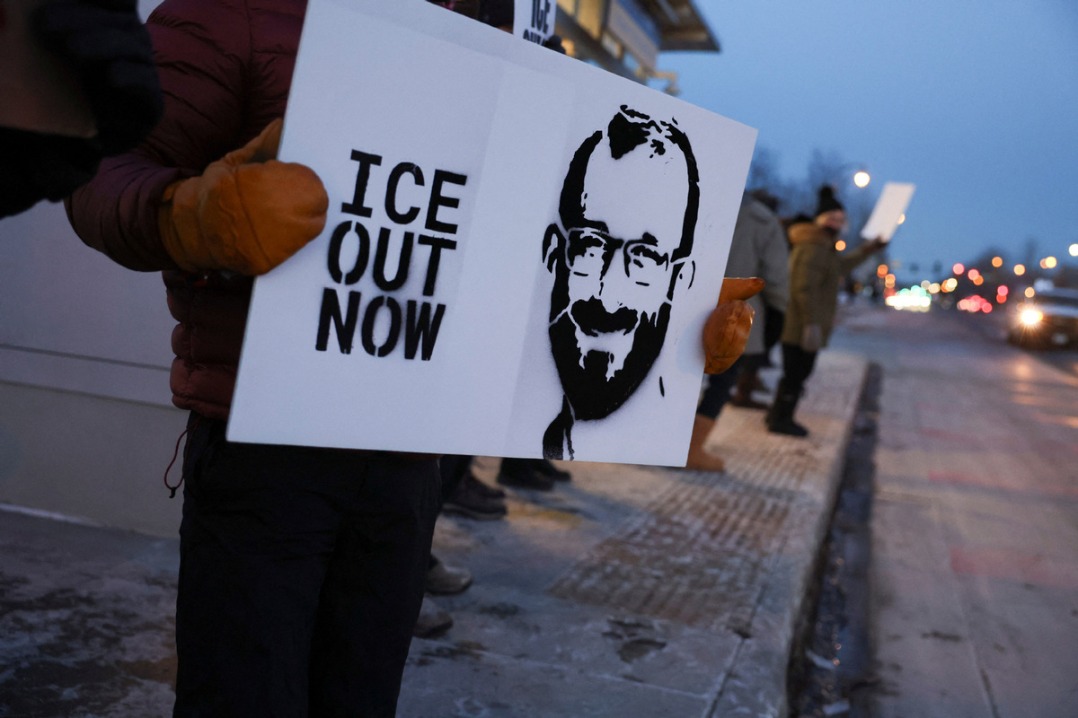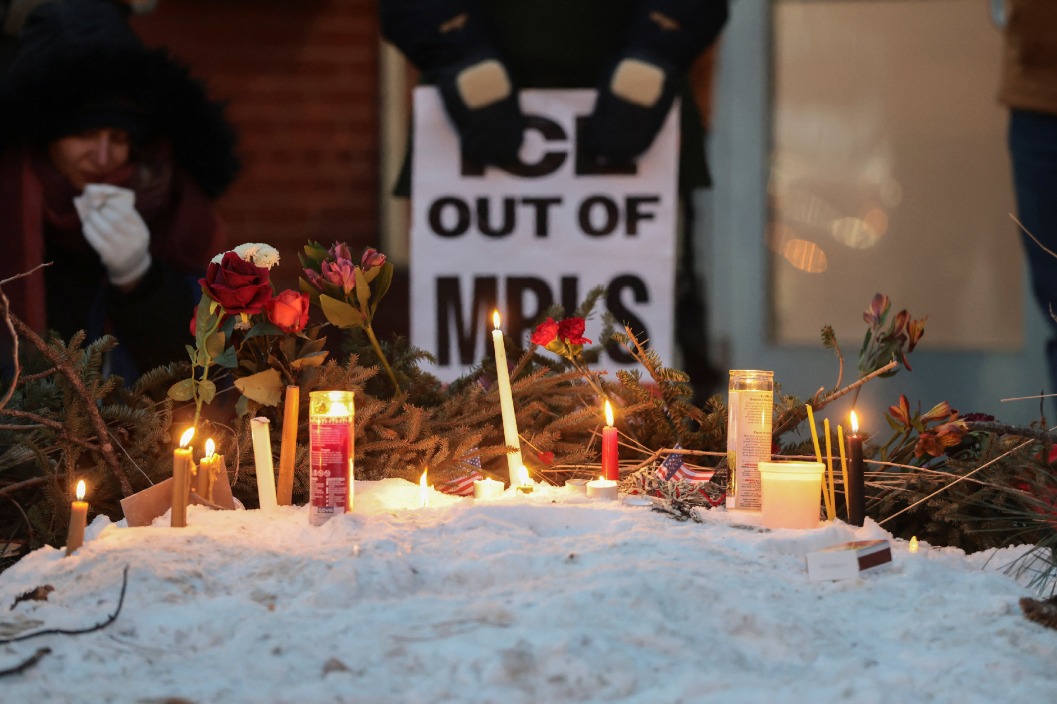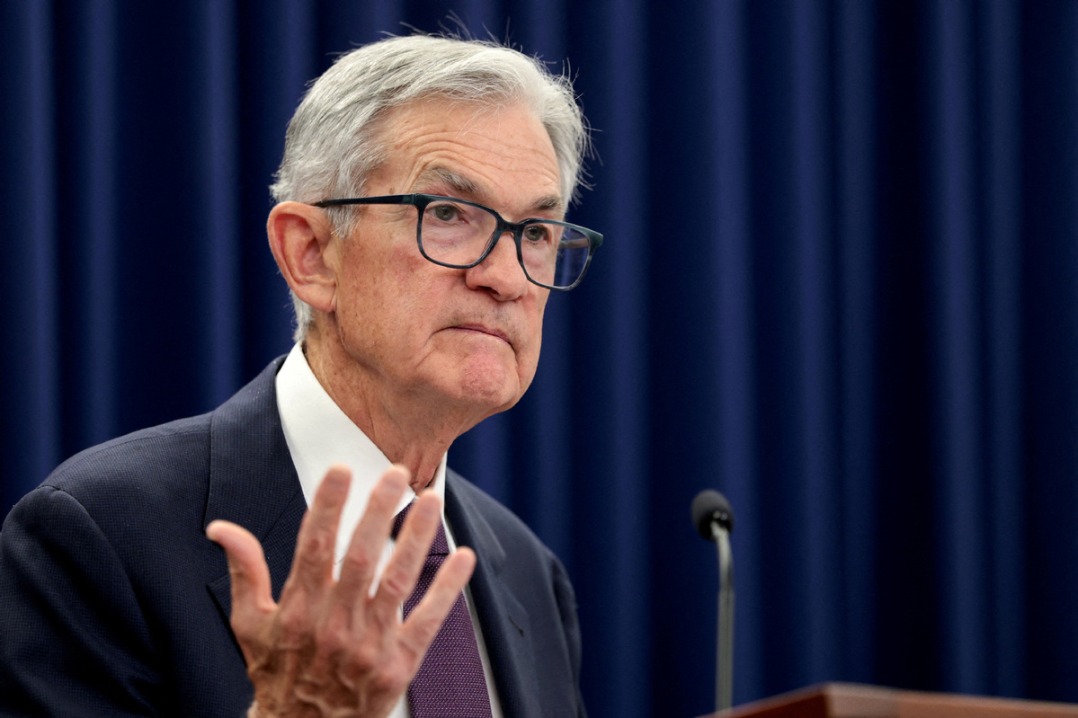Aid groups call for renewed attention on Yemen

As the Israel-Palestinian conflict had taken up much of the attention on the region in recent months, humanitarian organizations made an appeal this week to bring Yemen back into the spotlight, calling for fresh action to support humanitarian needs in the crisis-hit nation where, they say, donor support had "collapsed".
In a statement released on May 7, the Norwegian Refugee Council, or NRC, which provides humanitarian aid across Yemen, said international donors have "failed to commit enough support" for what Yemenis described as "a daily fight for survival".
The remarks came after a meeting among donor states held in the Belgian capital Brussels announced just over $735 million for Yemen humanitarian response.
The funding announced in Brussels, the NRC said, amounted to a quarter of the $2.7 billion required this year to meet urgent humanitarian needs in Yemen.
As a result of wide-ranging cuts, the NRC said it will only be able to reach 6 percent of the total number of people it supported with food aid last year. Water and hygiene services have also been reduced by more than two-thirds.
On May 6, almost 200 humanitarian organizations, including United Nations agencies, international NGOs and Yemeni Civil Society Organizations, jointly issued a statement, noting that after nine years of conflict, over half the population in Yemen, or 18.2 million people, including 14 million women and children, require humanitarian assistance and protection services.
"Funding for a focused and well-prioritized 2024 Humanitarian Response Plan must be ensured to sustain the gains made and prevent further deterioration of the humanitarian situation," the statement read.
"Inaction would have catastrophic consequences for the lives of Yemeni women, children and men," it added.
The long-standing civil war in Yemen broke out in 2014, eventually dividing it into factions, after the Houthis' seizure of the capital Sanaa, forcing out the internationally recognized government of President Abd-Rabbu Mansour Hadi.
In December last year, the World Food Programme announced that it was suspending food distribution in Houthi-ruled areas of northern Yemen, citing lack of funding and disagreements with the group over focusing on the poorest in the country.
The people in the region have also been bracing for threat of regional escalation with heavy fighting in the Israeli-Palestinian conflict having dragged on for seven months now.
In recent months, according to the NRC, families in Yemen have been pushed into severe food insecurity amid shrinking food aid and funding resources, with food insecurity now a predominant issue in the country.
This has forced families to reduce calorie intake and meal count, resulting in acute malnutrition among children. NRC surveyed different cities and villages across Yemen and found that 90 percent of families had not received any aid in the past three months in some areas across Al Hodeidah, Amran, Hajjah, and Sana'a.
Meanwhile, eight in ten people lacked sufficient clean water amid a surge in water-borne diseases including cholera. A separate survey of families in Aden, Marib, Taiz and other areas found that 80 percent of families did not eat enough food, including 40 percent who were resorting to skipping meals.
Prior to the May 7 funding announcement in Brussels, the NRC said, only 16 cents have been provided for every one dollar needed to respond to the mountain of humanitarian needs in Yemen this year.
"The almost complete absence of support from the richest states in the world stands in stark contrast to the resources funnelled to fuel conflict in the region," it said.
Ahmed Bayram, a media and communications adviser for the NRC in the Middle East and North Africa region, told China Daily that though they have not assessed the impact of heavy fighting between Israel and Hamas in Gaza, the survey was conducted "during the hostilities".
"There is definitely fear and uncertainty among people," said Bayram.
"Our operations are carrying out as normal," he added. "The massive underfunding has been an issue in Yemen for a few years but this year, the crises elsewhere will have had an impact."































